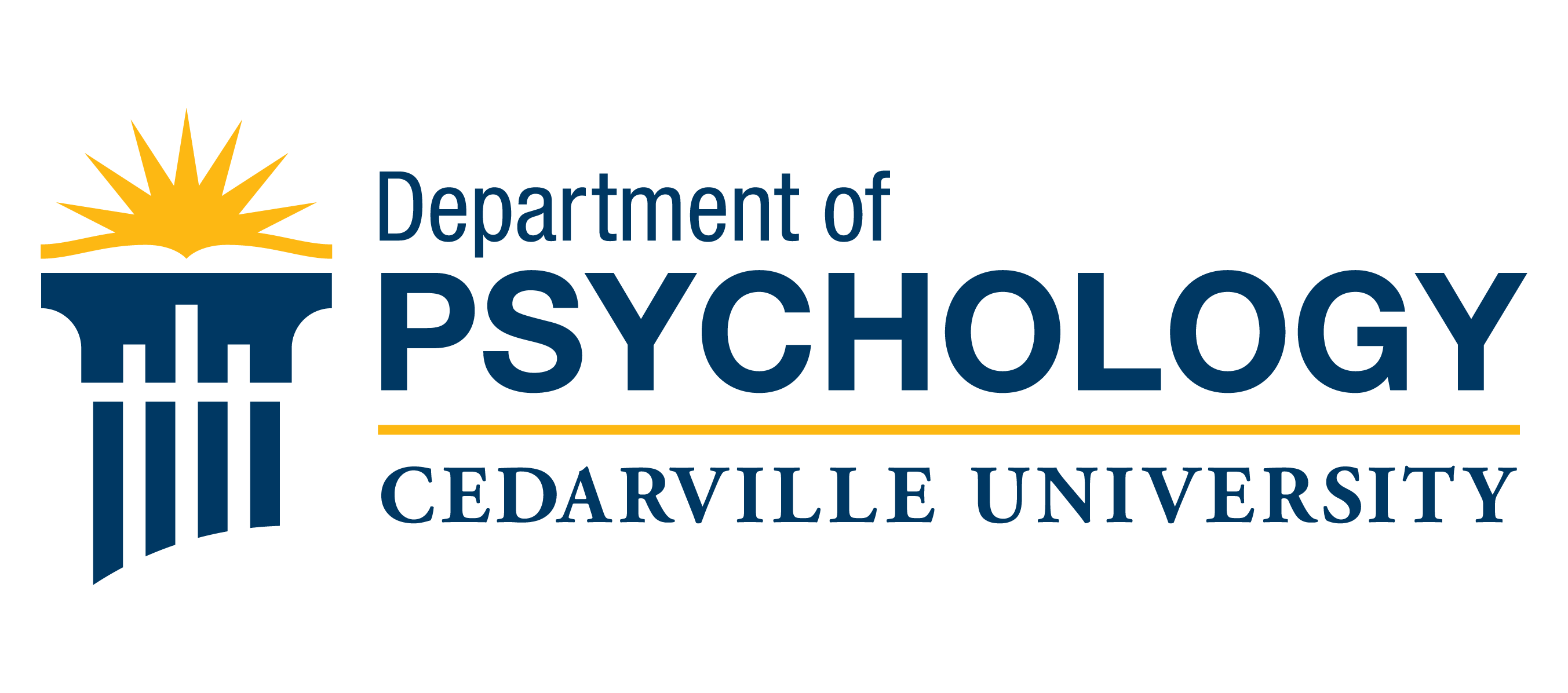Psychology Faculty Publications
Young Infants Have Biological Expectations About Animals
Document Type
Article
Publication Date
10-1-2013
Journal Title
Proceedings of the National Academy of Sciences
Volume
110
Issue
40
First Page
15937
Last Page
15942
DOI
http://dx.doi.org/10.1073/pnas.1314075110
PubMed ID
24003134
PubMed Central® ID
PMC3791742
Abstract
What are the developmental origins of our concept of animal? There has long been controversy concerning this question. At issue is whether biological reasoning develops from earlier forms of reasoning, such as physical and psychological reasoning, or whether from a young age children endow animals with biological properties. Here we demonstrate that 8-mo-old infants already expect novel objects they identify as animals to have insides. Infants detected a violation when an object that was self-propelled and agentive (but not an object that lacked one or both of these properties) was revealed to be hollow. Infants also detected a violation when an object that was self-propelled and furry (but not an object that lacked one or both of these properties) either was shown to be hollow or rattled (when shaken) as although mostly hollow. Young infants’ expectations about animals’ insides may serve as a foundation for the development of more advanced biological knowledge.
Keywords
Infant cognition, conceptual development, self-propulsion, agency
Recommended Citation
Setoh, P.; Wu, Di; Baillargeon, R.; and Gelman, R., "Young Infants Have Biological Expectations About Animals" (2013). Psychology Faculty Publications. 153.
https://digitalcommons.cedarville.edu/psychology_publications/153



